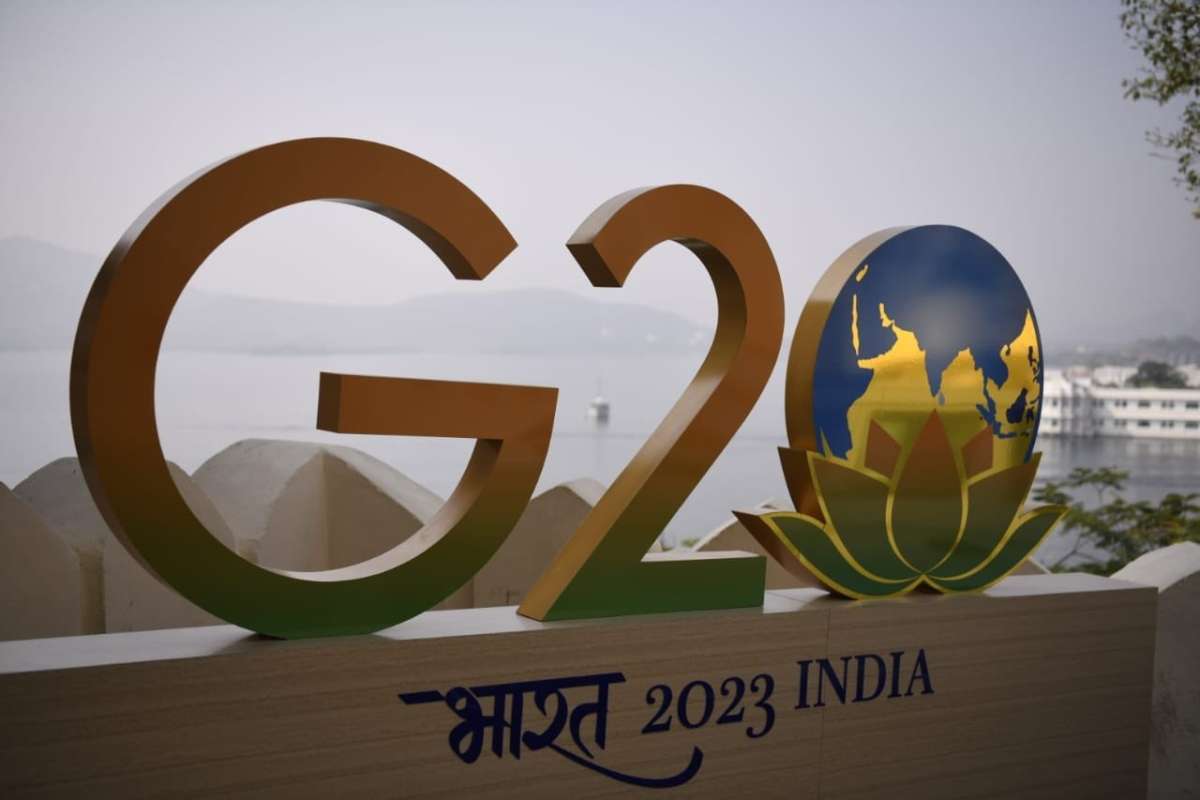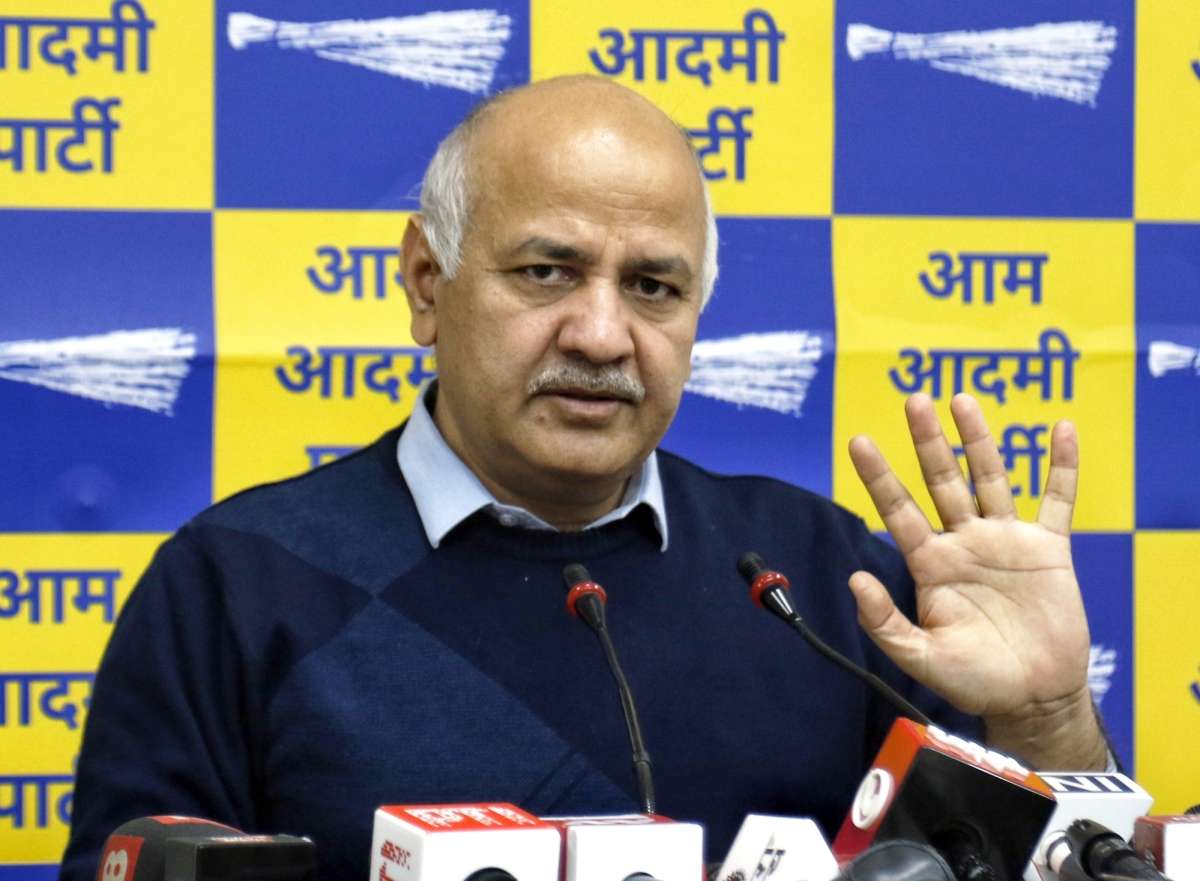Union Minister for Power and New and Renewable Energy R.K. Singh will deliver the keynote address of the three-day event….reports Asian Lite News
The first G20 Energy Transitions Working Group (ETWG) Meeting under India’s Presidency began on Sunday.
The first G20 ETWG Meeting under India’s Presidency being held in Bengaluru will have over 150 participants including G20 member countries, nine special invitee guest countries — Bangladesh, Egypt, Mauritius, Netherlands, Nigeria, Oman, Singapore, UAE and Spain.
India’s G20 Presidency will share, collaborate, and build on the sense of trusteeship amongst the member countries to help build a sustainable future for all.
Union Minister for Power and New and Renewable Energy R.K. Singh will deliver the keynote address of the three-day event.
Union Minister for Parliamentary Affairs, Coal and Mines Pralhad Joshi will deliver a special address.
The priority areas of the ETWG meeting include energy transition through addressing technology gaps; low-cost financing for energy transition; energy security and diversified supply chains; energy efficiency, industrial low carbon transitions and responsible consumption; Fuels for Future (3F) and universal access to clean energy and just, affordable, and inclusive energy transition pathways.
The Energy Transitions Working Group, while retaining focus on achieving energy transition, will emphasise on addressing technology gaps and financing to ensure that it is delivered across countries in a time-bound and affordable manner without compromising the energy needs of the communities.
The expected outcomes of the deliberations would include agreement to advance cooperation initiatives under Research and Development-20 roadmap for channelising adequate low-cost international finance towards deployment of critical technologies, declaration on collective efforts to ensure energy security and diversified supply chains of new energy sources, roadmap for doubling global rate of improvement in energy efficiency by 2030, action plan for enhancing and promoting bio-energy cooperation, and recommendations on global best practices for supporting Just, Affordable, and Inclusive energy transitions.
India’s green energy focus in sync with ongoing G20 Presidency
Keeping pace with the green energy focus of the world and reducing its carbon intensity, India has planned big for the green energy sector in its financial budget.
The government announced a slew of measures for the initiatives related to green fuel, green farming, green mobility, green buildings, and green equipment. Also since India has an ongoing G20 Presidency, its focus on green energy will have a better impact.
The government announced an outlay of Rs 19,700 crore for the recently launched National Green Hydrogen Mission, which it said will facilitate the transition of the economy to low carbon intensity, reduce dependence on fossil fuel imports and make the country “assume technology and market leadership in this sunrise sector”.
It has a target of the annual production of 500 MMT (million metric tonnes) of green hydrogen by 2030, reported The Hindu.
“The Union Budget presents a positive outlook for the renewable energy sector in India. The allocation of Rs 35,000 crore towards the green energy transition is a step in the right direction and demonstrates the nation’s will for a sustainable future,” commented Girish R Tanti, Vice Chairman, Suzlon Energy.
“The government’s commitment to increasing the use of renewable energy in the country is commendable and will play a crucial role in reducing carbon emissions and mitigating the impact of climate change. The National Green Hydrogen Mission will complement our efforts towards net zero,” he said.
The budget provides Rs 35,000 crores for priority capital investment toward energy transition, net zero objectives, and energy security the Union Ministry of Petroleum and Natural Gas.
Industry body ASSOCHAM’s Secretary General Deepak Sood said, “Boost to transition through definite programmes for financing green energy with the help of flagship programmes like National Green Hydrogen Mission, grid integration of the renewable energy and promoting electrification of the automobile industry are the ‘stand out features of the Budget'”.
India’s energy demand is expected to increase more than that of any other country in the coming decades due to its sheer size and enormous potential for growth and development.
Therefore, it is imperative that most of this new energy demand is met by low-carbon, renewable sources. India’s announcement India that it intends to achieve net zero carbon emissions by 2070 and to meet 50 per cent of its electricity needs from renewable sources by 2030 marks a historic point in the global effort to combat climate change.
The Indian renewable energy sector is the fourth most attractive renewable energy market in the world. India was ranked fourth in wind power, fifth in solar power and fourth in renewable power installed capacity, as of 2020.
Installed renewable power generation capacity has gained pace over the past few years, posting a CAGR of 15.92 per cent between FY16-22. India is the market with the fastest growth in renewable electricity, and by 2026, new capacity additions are expected to double, according to India Brand Equity Foundation.
“With India holding the Presidency of the G20 till Nov 2023, the focus on adopting green energy, and efforts to enhance BioCNG bodes well. We are pleased with the focus that the Budget has had for our industry, in particular, esp. from the point of view of scrapping old/polluting vehicles, stressing the need to segregate waste and more importantly make and prep the cities to raise funds from the Municipal Bond market. The main theme reiterates the Country’s focus on adopting sustainable technologies, and higher focus on generating green energy,” said Jose Jacob Managing Director of Antony Waste Handling Cell.
As of October 2022, India’s installed renewable energy capacity (including hydro) stood at 165.94 GW, representing 40.6 per cent of the overall installed power capacity.
The country is targeting about 450 Gigawatt (GW) of installed renewable energy capacity by 2030 – about 280 GW (over 60 per cent) is expected from solar. (ANI)














